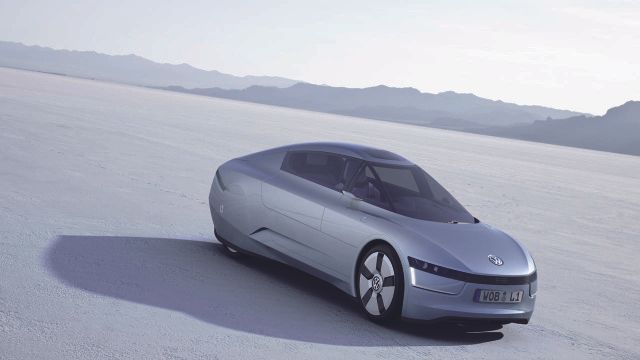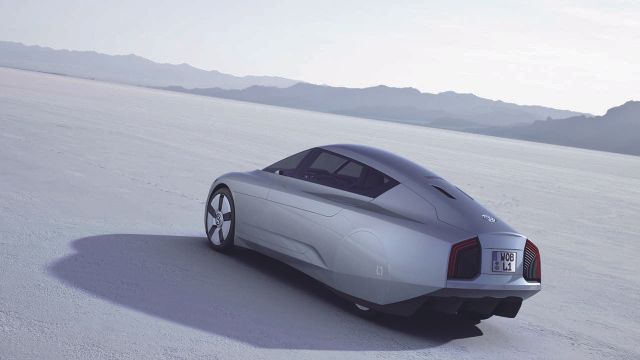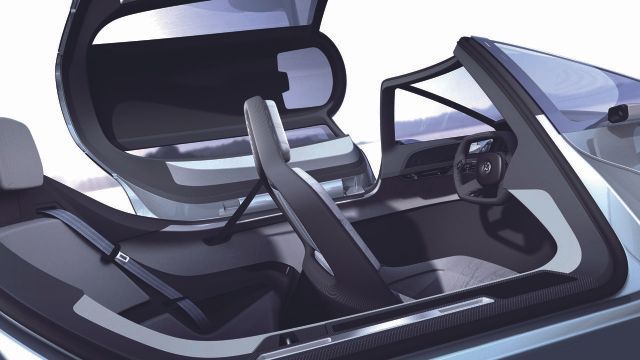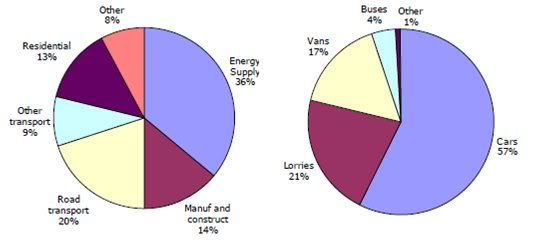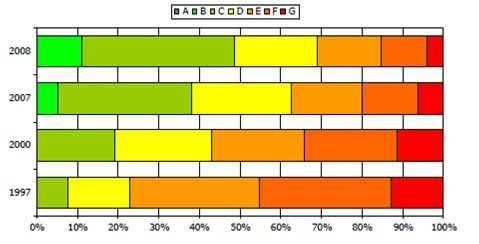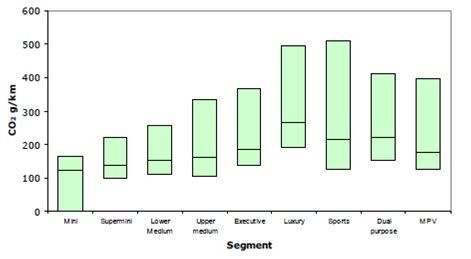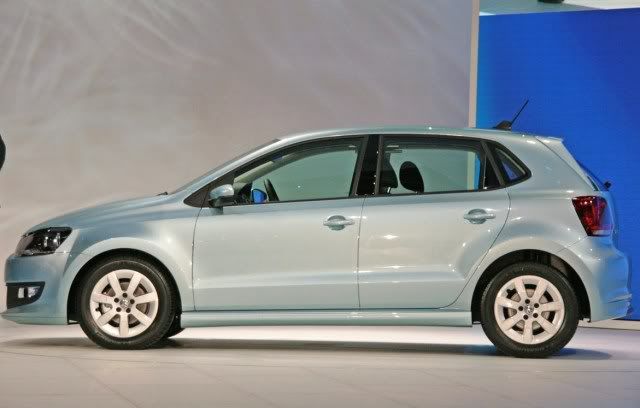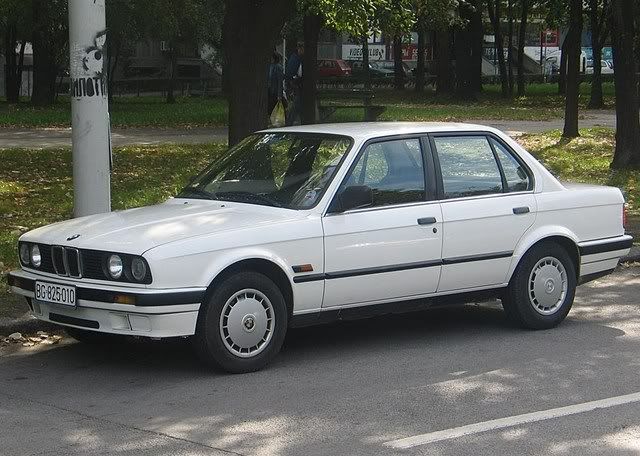If ever there was a sign that times are tough and people are trading down to more efficient cars, it's the sharp reduction in the average CO
2 emissions of cars sold in the UK from 2007 to 2008.
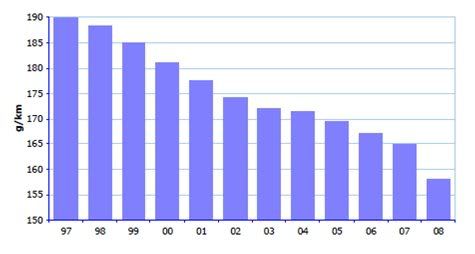
Average emissions have dropped by over 5g/km in the past year, continuing a trend that's seen CO
2 plummet by over 30g/km in the last ten years. 2008's figures show a significant fall however, suggesting that the current economic climate, the spike in the price of fuel last year and purse-strings generally being tightened across the country are resulting in people buying much more economical cars than they may have in more favourable times. The figures have been outlined by the
Society of Motor Manufacturers and Traders (SMMT) More of the results are illustrated below.
The trend can also be attributed to the huge efforts that manufacturers have made in recent years too.
BMW recently launched their 116d, the most fuel efficient BMW currently available, capable of over 50mpg and with CO
2 emissions as low as 118g/km. Many companies now offer stop-start technology which significantly reduces fuel consumption in city traffic, and companies like Mazda with their 2 and Volkswagen with their upcoming new Polo have worked hard to reduce weight, allowing smaller and more efficient engines to be used without compromising on performance. Volkswagen recently unveiled
the new Polo Bluemotion concept at the Geneva Motor Show, which sips a gallon of fuel as infrequently as every 85 miles. It also manages to look very handsome indeed.
With cars such as these, expect the current trend to continue.
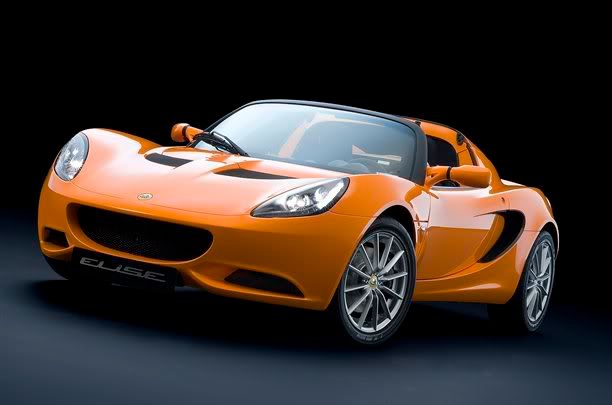 That new engine is a VVTi Toyota powerplant similar to those currently used in the Elise, but in a new 1.6 litre displacement. The new motor will power the basic Elise S model, and reduces emissions to 155g/km of CO2. As a conservative estimate, fuel economy should be in the early forties mpg, yet coupled to a new close-ratio six-speed gearbox, performance even from the basic 1.6 should be as impressive as ever.
That new engine is a VVTi Toyota powerplant similar to those currently used in the Elise, but in a new 1.6 litre displacement. The new motor will power the basic Elise S model, and reduces emissions to 155g/km of CO2. As a conservative estimate, fuel economy should be in the early forties mpg, yet coupled to a new close-ratio six-speed gearbox, performance even from the basic 1.6 should be as impressive as ever.